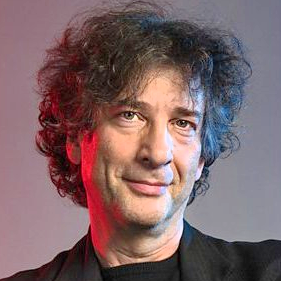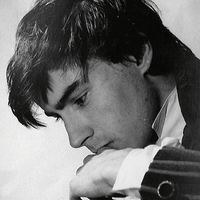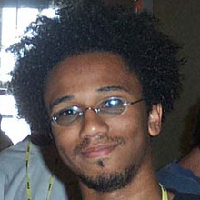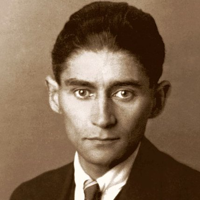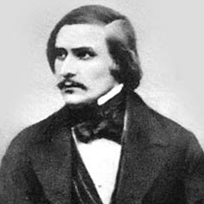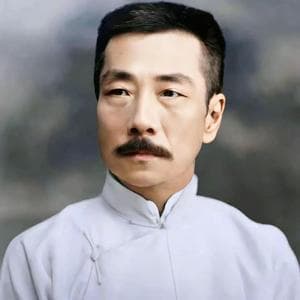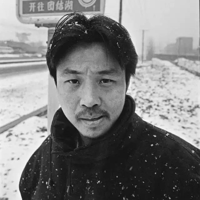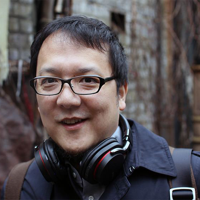Tatsuhiko Takimoto mbti kişilik türü
Kişilik
"Tatsuhiko Takimoto hangi kişilik türü? Tatsuhiko Takimoto, MBTI, 5w4 - - 584 'de INFP kişilik türüdür, RLUEI, RLUEI, büyük 5, ILI' dır."
"It's been over 10 years since I wrote "Welcome to the NHK." For me, the author, it was a damned novel, a curse that has plagued me until very recently. From the moment I wrote it, I felt a sense of failure. If you are wondering why I have to suffer, for a novel that I wrote with all my efforts, I can say that there are many motivations. A first big reason is that I have betrayed the story, because I could not write what I wanted to write. I have been stuck for years in this sense of failure and frustration. In Chapter 9 of "NHK" I realized that the protagonist feels and suffers of my own sadness. This is a valuable knowledge. Until that time, the main character had never inspected into his own inferiority. Then, in a moment, he climbs this wall in his heart and suddenly realizes his sadness. Nevertheless, in the next chapter, it begins a story that has completely removed this episode of unveiled solitude. The problem is that strangers start to snoop into the main character's loneliness: I'm referring to Misaki's story. This is an escape from the personal drama of loneliness. This escape from writing directly about loneliness is therefore also the author's escape. I used the "race" method with which they are able to finish the story, entrusting myself to how I felt at that moment. The "race" method is a technique that, using an emotional sense of urgency, it makes the characters "run" to get into the climax. In the last chapter, the protagonist runs, quarrels, makes a little action and through that, he reaches catharsis. Then, the story ends. Instead, the problem of loneliness remains unresolved, because I have not written anything about it. At that time, I did not have the ability to write about loneliness. Even now it is not obvious I have it. Therefore, I wonder whether the conclusion that I found was the best possible ... Dead or not, the final indifference of Sato and Misaki is very realistic. But didn't want to write a realistic story... To be honest, I wanted to write a story full of dreams and hope. If I applied myself better, could I do it? Maybe not! Even today I can't stop thinking about it. I have a few things to consider about Sato in the final stage of the novel. First: Meditation. Through meditation you can heal yourself and get the strength to sustain the burden of your personal world. Second: Resist autoeroticism Third: Take concrete actions to fill that feeling of inadequacy that afflicts you. If you're sad, you have to react and do something to change. It all depends on the mood. To be in harmony, psychologically speaking, it means finding new skills within ourselves. Well, this would be the perfect solution to the problem of Sato, but it's probably the moment of meditation that you can't achieve. You need a direct action to fill the void of loneliness, such as the practice of "Nanpa". (Https://en.wikipedia.org/wiki/Nanpa) In this case, because it's probably very difficult to talk immediately to someone, the first thing you should do is walking with your head held high. Probably, Sato would take 4-5 years to speak to some stranger in his city. But, even if slowly, you can measure your progress even doing the little things, like going out every day and walk with confidence. The most important thing is to know that you can change. Anyway, the path that leads to happiness exists. The key is, precisely, to trust in its existence. But the story of Sato who acquires confidence in this hope would take another 5 volumes, and it was not possible to write them at that time. On the other hand, in a story not everything has to be directed to a perfect understanding. In the middle of the road is fine to deviate and take a side street. And so it is with life. So, maybe it's a good thing that happened like this. It's a good way to end, after all: to feel that there's still space for a future development. But there's one thing that I really wanted to write and that I haven't written. Even if a person is in the situation described in "Welcome to the NHK", there is always a way out. A path leading to a happy ending. I want to tell you, now: Sato, Misaki, Yamazaki, and the Senpai as well, they all succeeded in finding happiness in a happy ending. For sure they have already found it. And with them, a new world has already begun. What I wanted to describe, is not the weakness of men. Even in the labyrinth of a confused heart, no matter how a person may feel weakness and loss of energy, in the end it's possible to find a way out and rediscover herself. This is what I wanted to write. This conviction that I have not expressed while working on "Welcome to the NHK", I write it now. And, with this, my novel is finally complete." -Tatsuhiko Takimoto
Biyografi
Tatsuhiko Takimoto (滝本 竜彦 Takimoto Tatsuhiko, born September 20, 1978) is a Japanese author best known for his novel Welcome to the N.H.K.


